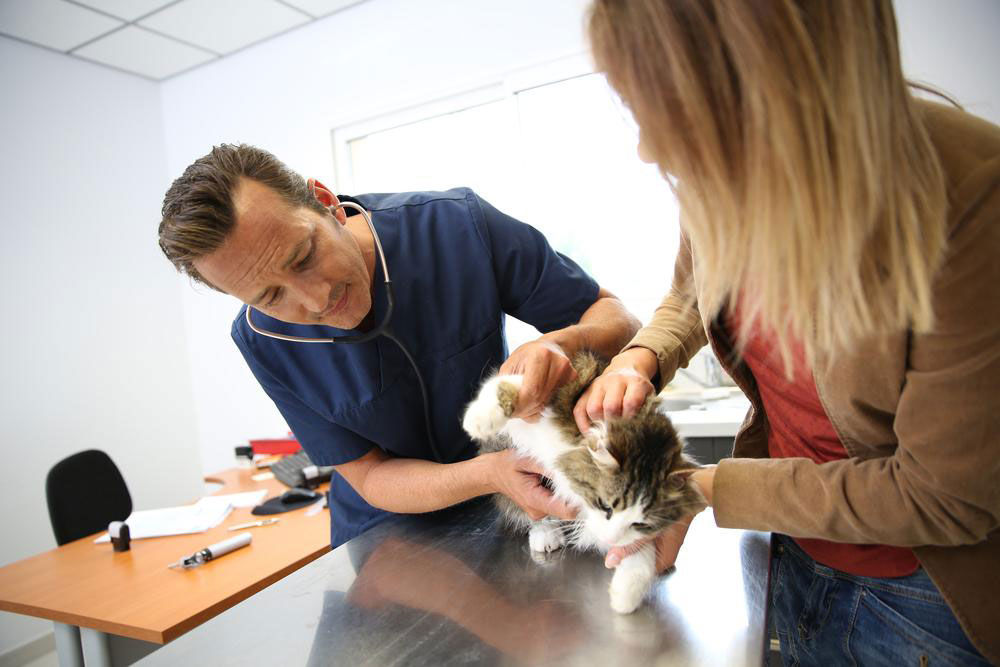Must-Have Flea Treatments to Maintain Your Dog’s Coat Health
Discover essential flea treatments to keep your dog’s fur healthy. Learn about topical solutions, oral pills, and preventive collars for effective flea control. Consult your veterinarian for personalized advice and protect your furry friend from pesky parasites all year round.

“Dogs communicate with us in ways we often overlook.” Many pet enthusiasts and dog owners agree with Turkish novelist Orhan Pamuk’s words. The unconditional love dogs give is priceless, and it’s our duty to protect and care for them. One key concern for owners is managing fleas that nest in their dog’s fur, especially during summer when insects thrive in warm temperatures between 65-80°F.
Regular inspection of your dog’s coat helps detect fleas early, but proactive measures are essential in summer. There are three main types of flea medications: topical treatments, oral pills, and flea collars. First-time dog owners should familiarize themselves with these options for effective prevention and treatment.
Topical treatments: These include shampoos, spot-on solutions, and powders. Shampoos typically last a day, powders up to a week, and spot-on treatments about a month. Combining these with other treatments enhances effectiveness against adult fleas, eggs, and larvae. Notable products include Advantage® II, FRONTLINE® Plus, K9 Advantix® II, and REVOLUTION®.
Oral flea pills: These pills promise quick relief and are often prescribed by vets. Some require prescriptions and may have side effects. They primarily target either adult fleas or eggs, so combining medications is recommended for comprehensive control. Chewables like Capstar Flea Killer and Comfortis® are popular choices.
Flea and tick collars: These collars prevent infestations by releasing chemicals that kill pests and eggs over extended periods. The Seresto® collar, effective for up to eight months, is widely used. When selecting collars, ensure they are labeled to treat or prevent fleas and ticks.
Combining these treatments based on the vet's advice can optimize results. Always consult a veterinarian before starting any flea prevention regimen to ensure safety and effectiveness.










